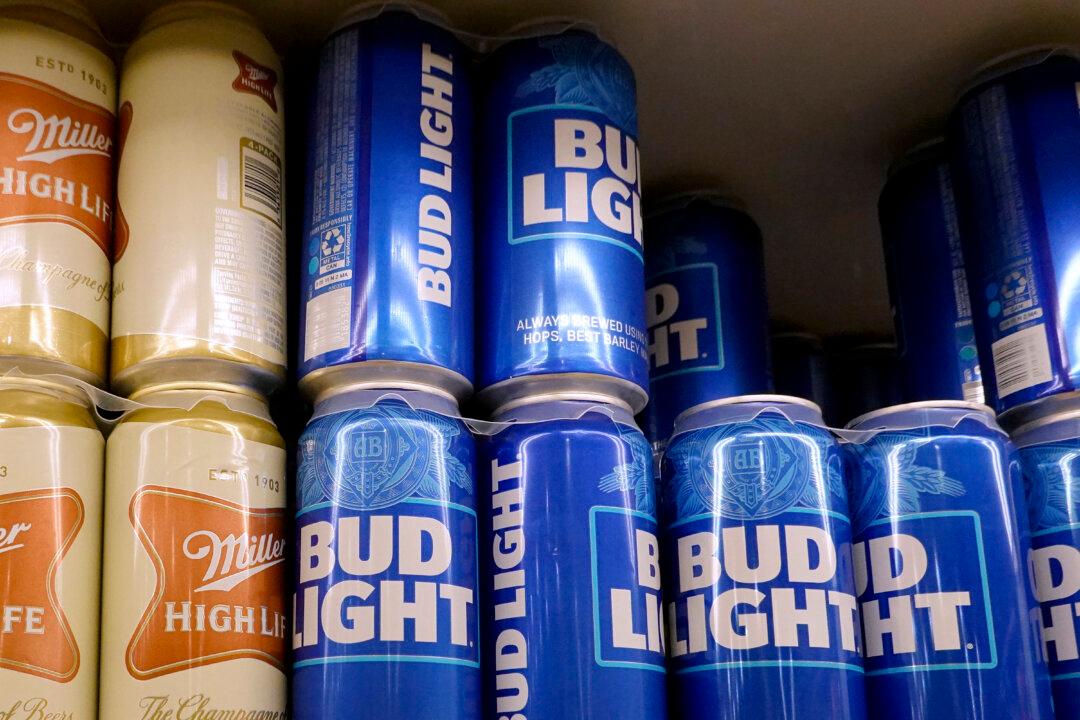While Super Bowl Sunday beer sales jumped overall, Bud Light saw sales drop by about half, according to an analytics firm.
Beer drinkers apparently still are boycotting the brand months after it became embroiled in a controversy involving a transgender social media influencer.





